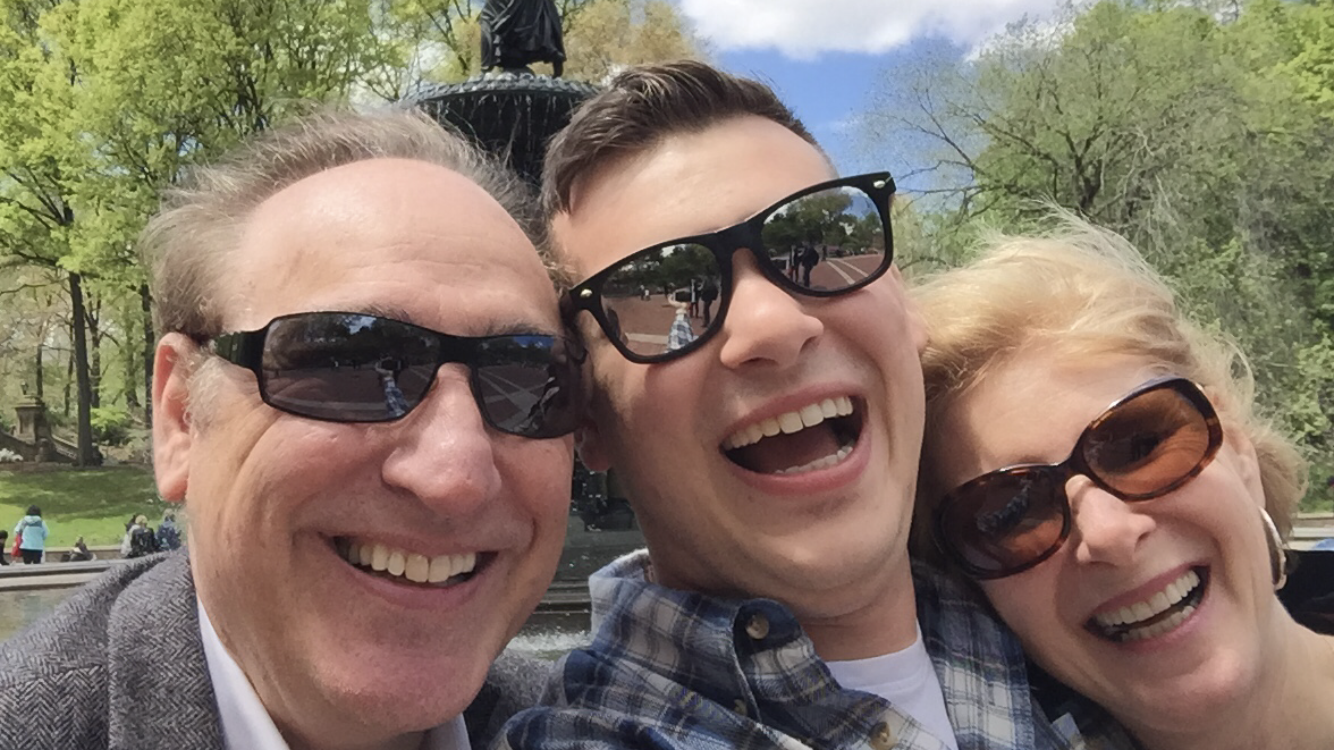Do you ever ponder the legacy you’re leaving? By legacy I mean the impact your life has on those whose lives you touch, especially your children, grandchildren, and any of the younger generation. I do. Frequently. An unexpected phone call awakened me to the unimagined magnitude our impact can reach.
The Inspiring Conversation
The call was from Wes, my son, Theo’s best friend, who’s like a second son to me. I’d sent him a warm thank you note for his recent help creating a YouTube channel for me.
“Mrs. Sigg, I just wanted to tell you how happy I was to help, how much your note meant, and I want to apologize.”
Apologize? I was confused.
“I was short with you towards the end of our work session, and I was mad at myself for not having better control. I’d never want to offend you. You mean so much to me.” He then explained to me the reason for his reaction.
“I didn’t think a thing of it,” I responded. “I figured you had other work to move on to. But, I so appreciate you being so real and open with me about what was going on with you. The fact that you care enough to make things right with me, means the world to me. How lucky Theo and I am to have such a deep, loving connection with you.”
What Wes said next is the part that blew me away, and I gift to you.
“Both Theo and I communicate this way with you because you and Mr. Sigg, and my parents, have given us 100% pure, supportive love. You have allowed us to express our feeling and thoughts freely without censure. Loving acceptance sets the tone for open communication.
“The gift of being loving, non-judgmental parents will not only live on after you’re gone, but will ripple through generations to come far beyond our life and our kids’ lives.”
“Thank you, dear boy. You just gave me the most precious of gifts.” His depth of feeling, the thought of us all being gone (yikes!), and the long-range impact our lives indeed have, made me teary.
Your Takeaways
How often do we consider our legacy, the parts of us that will live on in others? What do you want your children and grandchildren to say they learned from you?
Spreading good, loving energy to others is the greatest gift we can offer—it’s what we’re here for. I thought about the qualities of love Wes recognized we offered him. Here’s my reflection on how Wes’s parents and Gus and I nurtured the boys to impact them to be aware, communicative loving young men. Why not consider making one of the following tips a habit starting today:
Look with eyes for what’s best in your children, and tell them something positive you see in them every day, or each time you’re together.
Accept your children for who they are and squash your judgments when they arise. Communicate the message, “I am in your corner and I have faith in you.”
Take a sincere interest in their life. Listen fully when your child speaks. As the lyric from the musical Hamilton goes, “Say less, smile more.”
Be real—express your own emotions, but not targeted at them. You will show them you’re human, and validate being open and expressive with emotions.
Love, love, love your children, your grandchildren, all the young ‘uns. Show your love. Love is the greatest power on earth!
So I say to you, why not begin thinking of your loving legacy today?




